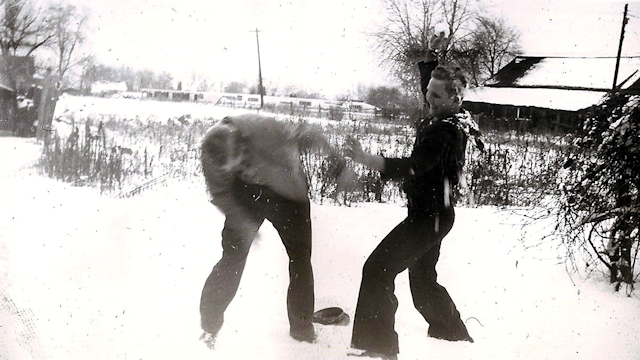 https://westoverfamilyhistory.org/wp-content/uploads/2019/03/brothers.png
360
640
Jeff Westover
https://westoverfamilyhistory.org/wp-content/uploads/2022/04/logo22.png
Jeff Westover2019-03-24 09:55:102024-03-03 15:55:47The Power of Example
https://westoverfamilyhistory.org/wp-content/uploads/2019/03/brothers.png
360
640
Jeff Westover
https://westoverfamilyhistory.org/wp-content/uploads/2022/04/logo22.png
Jeff Westover2019-03-24 09:55:102024-03-03 15:55:47The Power of Example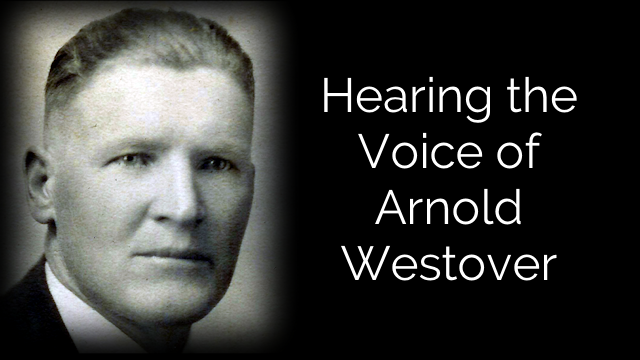
The Voice of Arnold Westover
Several weeks ago Kevin Cook shared a real gem on FamilySearch:…
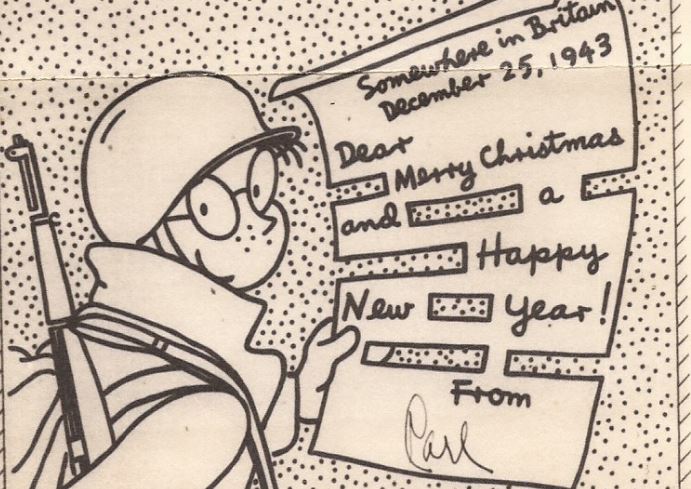
The History of Family Christmas Past
As the holiday season approaches I cannot help but think with…
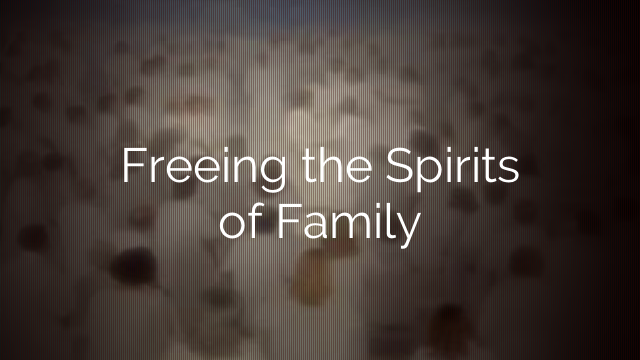
Freeing the Spirits of Family
I have been troubled by something for quite a while. This week…
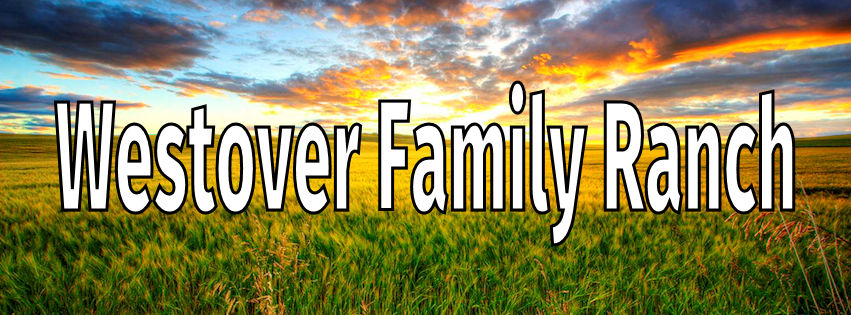
Revelations from a Trip to Rexburg
I just returned from a visit to the Westover Family Ranch in…
